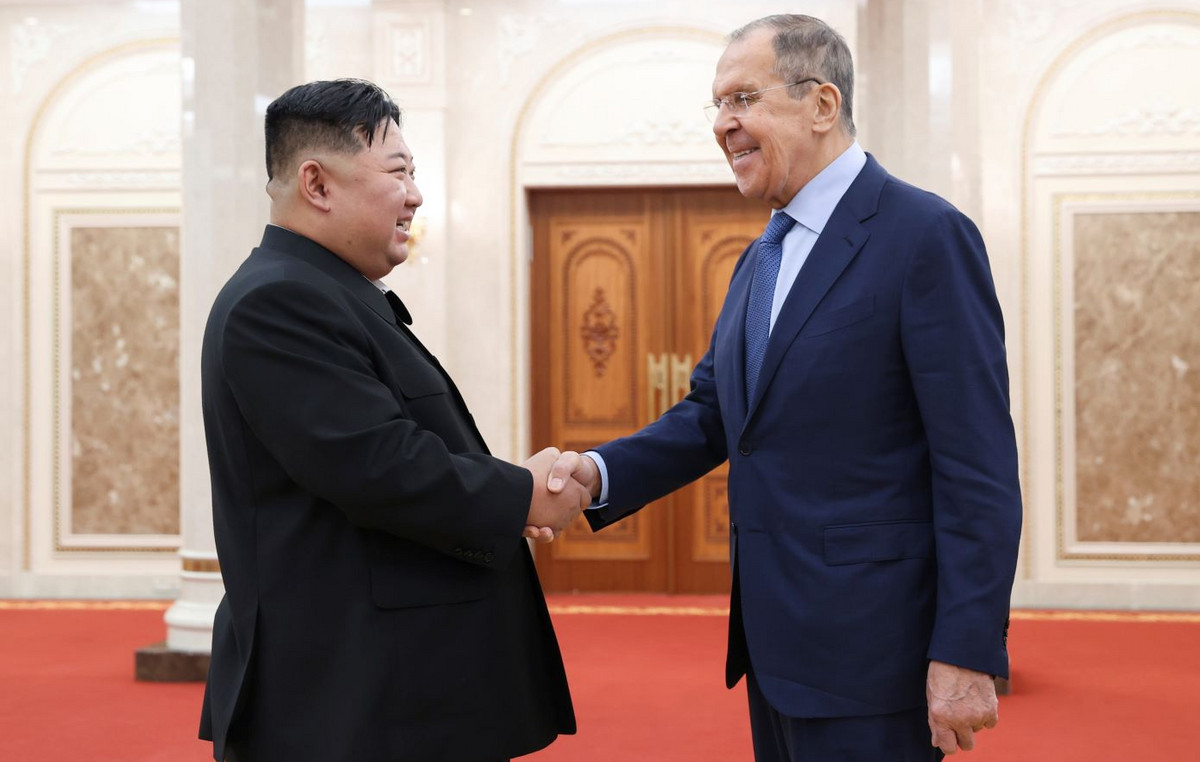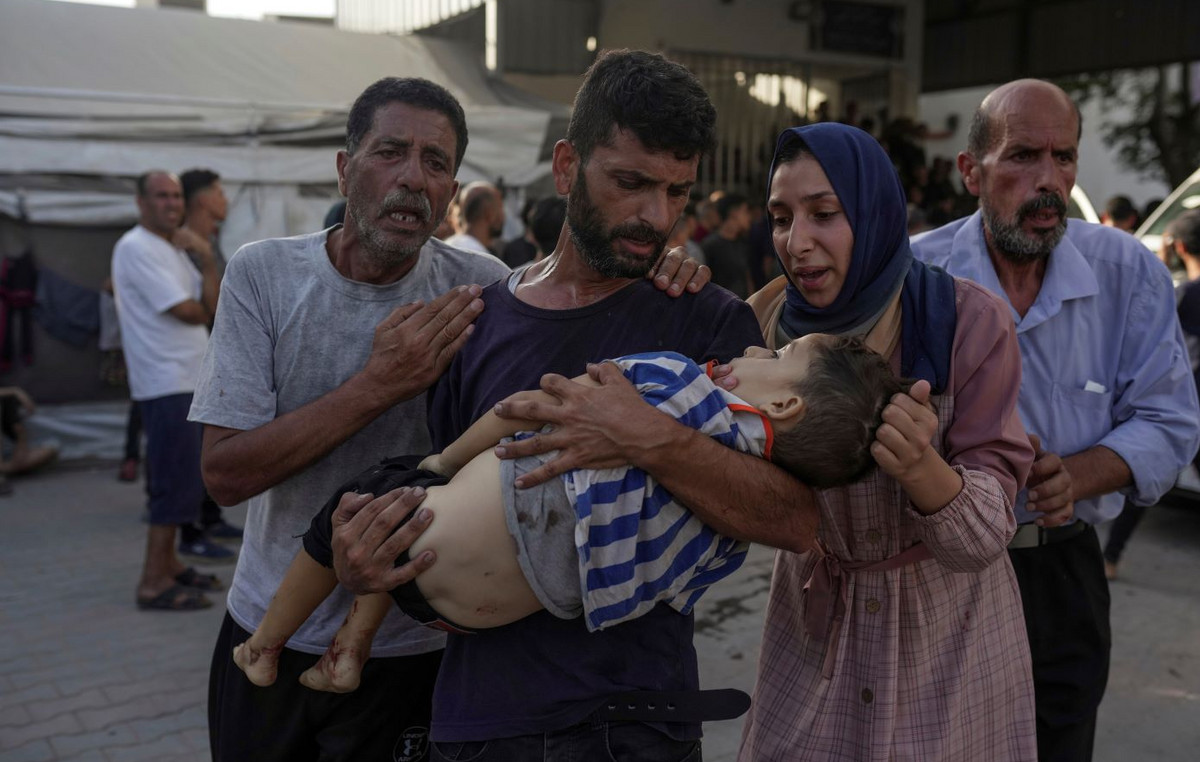On the eve of the United Nations Climate Change Conference climate negotiations (COP27 ), the World Health Organization (WHO) highlights that the climate crisis continues to make people sick, compromising lives and generating impacts on the economy of countries.
The WHO argues that the health should be at the center of the discussions and that the conference should conclude with progress on the four main objectives of mitigation , adaptation , financing and collaboration to tackle the climate crisis.
In addition, he states that the global meeting will be an opportunity for the world to come together and commit to maintaining the 1.5°C target of the Paris Agreement.
“Climate change is making millions of people sick or more vulnerable to disease around the world, and the increasing destructiveness of extreme weather events disproportionately affects poor and marginalized communities,” says Tedros Adhanom, WHO Director-General.
“It is crucial that leaders and decision-makers come together at COP27 to put health at the center of the negotiations”, he adds.
At climate changes affect people’s health and will continue to have impacts at a rapid pace unless urgent measures are taken, argues the WHO. According to the institution, human and animal health depends on the health of ecosystems, which are threatened by deforestation, agriculture and changes in land use and rapid urban development.
The increasing encroachment on animal habitats increases the chances that viruses with harmful potential for humans will transition from animal hosts, according to the WHO. Between 2030 and 2050, climate change could cause approximately 250,000 additional deaths a year from malnutrition, malaria, diarrhea and heat stress.
The WHO estimates that the costs of direct damage to health, excluding costs in health-determining sectors such as agriculture, water and sanitation, are estimated at between US$2 and 4 billion per year by 2030.
In addition, rising global temperatures lead to extreme weather events such as intense heat waves and droughts, devastating floods, and increasingly powerful hurricanes and tropical storms. “The combination of these factors means that the impact on human health is increasing and is likely to accelerate,” the statement reads.
The WHO calls on countries to take the lead in transitioning from fossil fuel use to a future based on clean energy and in fulfilling the promises made at COP26, held in Glasgow, Scotland, in November 2021.
Impacts of climate change for Africa
More than 250 scientific journals around the world have come together to simultaneously publish an editorial calling on world leaders to deliver climate justice for Africa in October.
While it has contributed little to causing the climate crisis, Africa suffers disproportionately from its impacts, according to 16 editors of the continent’s leading biomedical journals, who warned that harm to African countries should be of paramount concern to all nations. .
For the first time, a significant number of journals are united around the same alert, reflecting the seriousness of the climate change emergency for the world.
The authors urge rich nations to step up support for Africa and vulnerable countries to address the past, present and future impacts of climate change. The researchers stated that the climate crisis has impacted the environmental and social determinants of health across Africa, leading to devastating health effects.
Source: CNN Brasil
I am an experienced journalist and writer with a career in the news industry. My focus is on covering Top News stories for World Stock Market, where I provide comprehensive analysis and commentary on markets around the world. I have expertise in writing both long-form articles and shorter pieces that deliver timely, relevant updates to readers.







